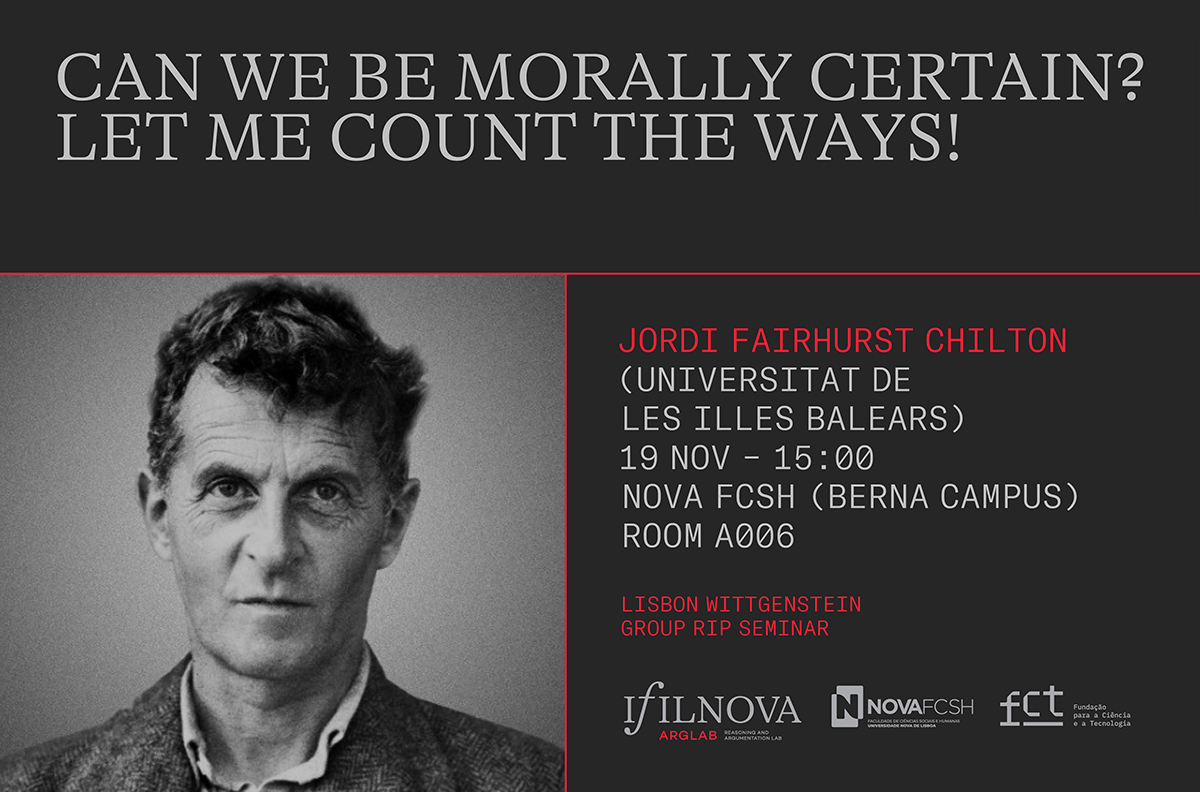Jordi Fairhurst Chilton

Moral certainties can be broadly understood as the fundamental presuppositions of our moral language-games, which are exempt from doubt and make it possible for us to perform other moral operations, such as acting, judging, justifying, or and giving reasons for belief and doubt. Ensuing Pleasants seminal work on the topic, the ever-growing literature on moral certainty which has primarily focused on whether ‘Killing is wrong’ is a universal or a local moral certainty. However, more recently, philosophers have criticized this example by either indicating that it is not a moral certainty or that the idea of moral certainty itself does not hold. My aim here is to provide some suggestions regarding how the debate on moral certainty can overcome these concerns and move forward. To this end, I will resort the literature on hinge epistemology to sketch out three non-exclusive alternatives: (i) developing the concept of fundamental local moral certainties, (ii) articulating moral certainties as rules of evidential significance and, lastly, (iii) conceiving moral certainties as authenticity conditions for moral projects. On this basis, I argue that there are variety of ways in which we can say that we are morally certain, all of which warrant further philosophical investigation.
Bio
Jordi Fairhurst Chilton is an Assistant Professor at the Universitat de les Illes Balears and co-founder of the Young Network for Wittgensteinian Philosophy (alongside José Antonio Pérez-Escobar and Deniz Sarikaya). His research interests mainly concern deep disagreements (how they should be defined and studied, what contributions they may offer to scientific/moral progress and how they relate to epistemic/linguistic injustice), hinge epistemology (meta-philosophical issues, its application to mathematics and ethics, and its connection to social epistemology) and meta-ethics (the meta-ethical implications of moral expressivism). He has published in journals such as The Philosophical Quarterly, Journal of the American Philosophical Association, Synthese, and Social Epistemology, among others.
This is the 12th session in a series of RIP seminars within the scope of the activities of the Lisbon Wittgenstein Group, coordinated by Nuno Venturinha.

